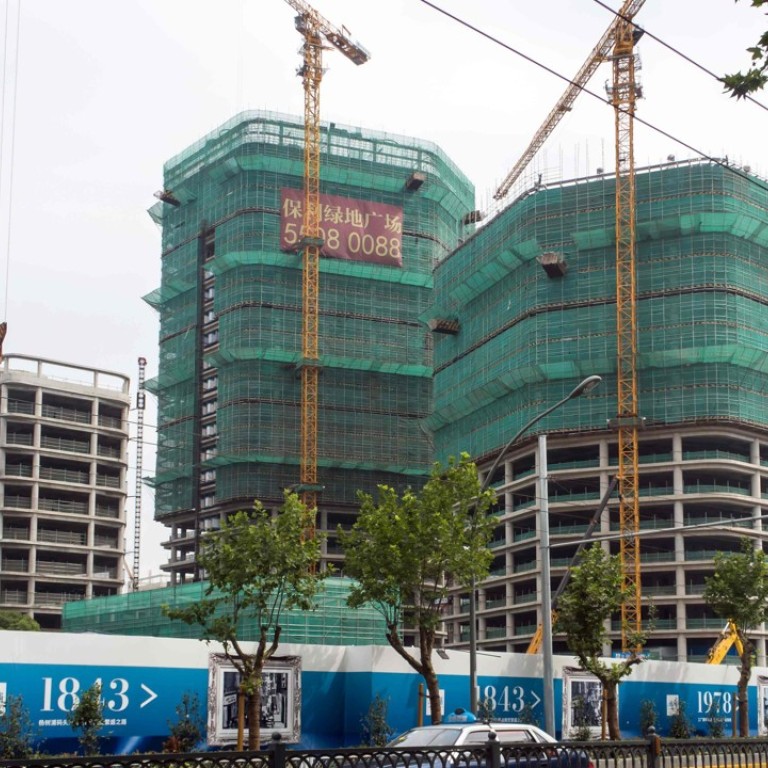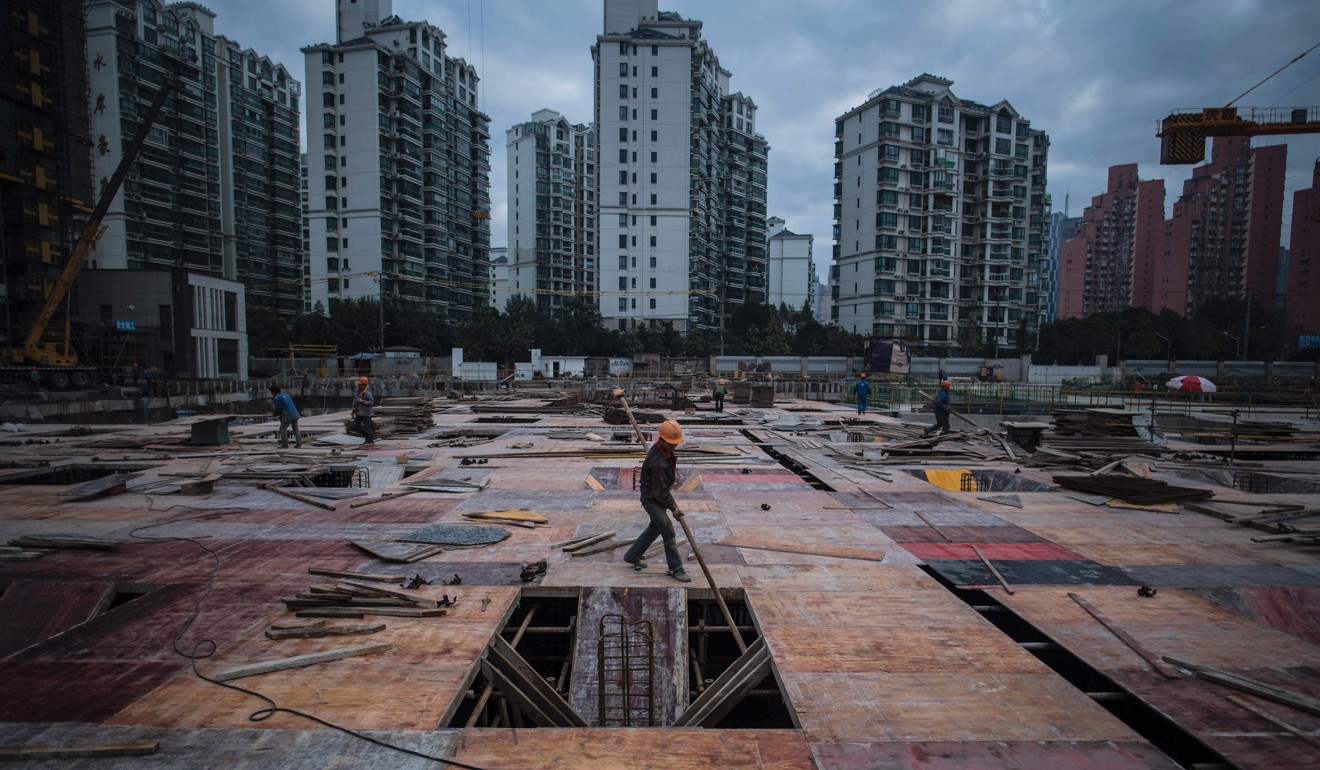
Listed developers in limbo after Beijing, Shanghai crack down on ‘commercial flats’
The problem could deter developers from acquiring commercial land in the future, analysts warn
Several major listed developers are saddled with large stockpiles of residential property they can’t shift after the governments of Beijing and Shanghai cracked down on sales of apartments in buildings originally intended for commercial use.
Many homebuilders have found themselves locked in legal disputes with buyers of such flats – referred to variously as commercial apartments, altered-use properties or converted residences – which had increased in popularity amid a dearth of residential land and heightened market cooling measures.
Analysts say that although in most cases the problem only affects a small proportion of a developer’s portfolio, it serves to highlight the regulatory risk that at times threatens to undermine the mainland’s real estate sector.
Many Shanghai developers have been in limbo since the start of the year, when the local government banned sales of residential units built on land meant for retail and office space. Some districts went a step further in February, giving developers just 15 days to tear down partitions and remove plumbing and gas pipes in the apartments to restore the office structure.
On March 26, Beijing developers were dealt a blow when the city’s government banned the sale of the converted flats to individuals. Until then, they had accounted for 60 per cent of the city’s new home sales.
Promotional material was removed from property agencies and e-commerce websites, and a rule introduced stipulating that spaces may not be partitioned into areas smaller than 500 square metres.
“So far there is no way to solve the problem,” said Guo Yi, chief marketing officer of Beijing-based Yahao Consulting. “Most companies affected are national developers, so that apartments in Beijing and Shanghai only represent a very small proportion of their businesses.”
But she said the situation could put a strain on their cash flows. The number of inquiries from developers about how to deal with these properties had surged recently, said Guo.

Last month, Shanghai’s government demanded that developers undertake not to sell any more apartments on land acquired for office and retail use, and instead to sell the space on a storey by storey basis.
Listed homebuilders affected by the crackdown include R&F, Powerlong Real Estate, Longfor Properties, Sun Hung Kai Properties, Henderson Land Development and Greenland Holding. For the 10 developers that relied most heavily on such apartments in 2016, commercial flats accounted for more than 60 per cent of sales, according to data compiled by Topsur. For Powerlong and Henderson, the ratio exceeded 90 per cent.
Powerlong was hit particularly hard as sales of five of its projects, consisting of about 5,000 units, have been put on hold, accounting for half of its Shanghai inventory. Just a few months ago, the company was touting its commercial property holdings to investors, saying the alternative products would become popular in the wake of the government’s home purchase curbs. Hotel-style apartments were their “easiest sell”, according to a transcript released by Powerlong.
The company told local media it estimated that less than 10 per cent of its stockpile fell under the government’s sales ban.
In Beijing, CIFI Holdings, Thaihot Group and China Vanke have been hit hard. All had converted residential projects which were being sold in the suburbs when the crackdown began in late March. They agreed to refund unconditionally those buyers who had not signed a contract and had registered with the government by March 26.
But the real problem lies with those who signed and registered before that date. These homebuyers have demanded full refunds, but the developers are insisting they pay 20 per cent in fees for breaching their contracts. Angry buyers have protested in their hundreds at the project sites of CIFI and Thaihot in the past month, but a settlement is yet to be reached.
CIFI told the Post it would deal with the issue according to contracts and laws, adding that the affected apartments accounted for a tiny part of the Hong Kong-listed developer’s national portfolio.
Thaihot said it had held several rounds of negotiations with buyers in an “equal and transparent” manner and would keep communicating with them. Vanke said it would “resolutely” implement the relevant policies, refusing to elaborate.
Experts said although the affected apartments make up a tiny part of the developers’ national sales inventory – especially national builders like Vanke and Greenland – the issue underscores regulatory risk in the mainland, where developers are routinely subject to capricious rules.
The episode could also leave a scar on developers’ memories, deterring them from acquiring commercial and office land in the future. Last week, two parcels of such land were sold with a zero premium, which experts attributed to the crackdown.

